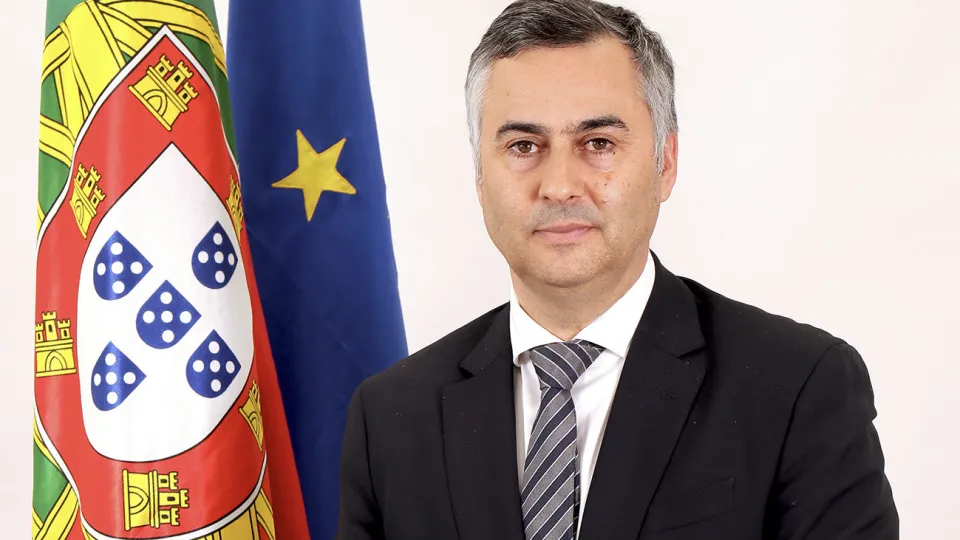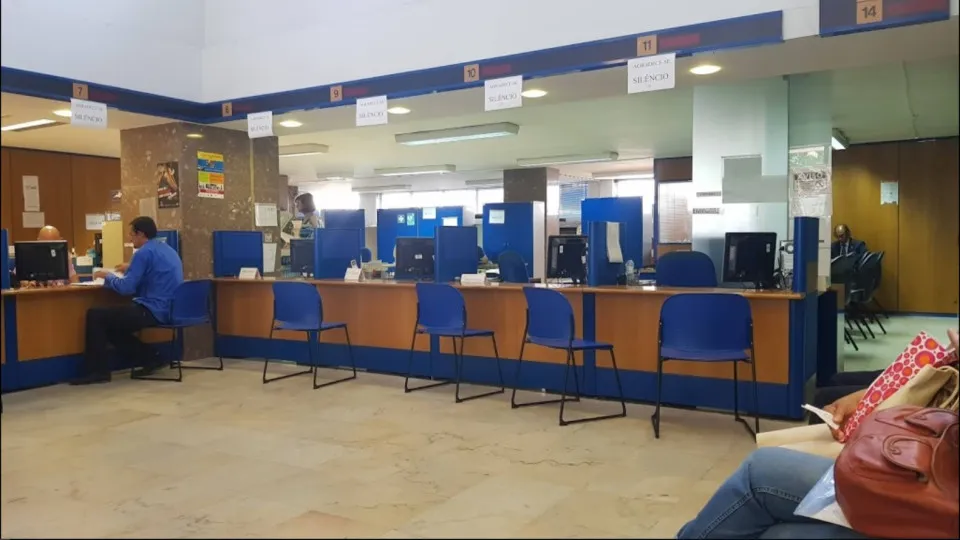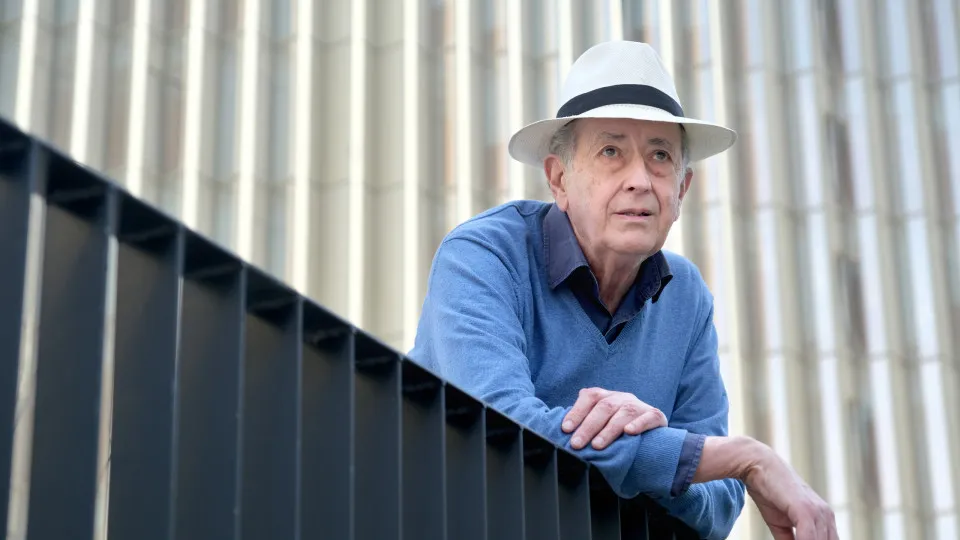
When questioned by journalists about school principals and parent associations complaining about the lack of assistants, especially when the government has banned mobile phones, the minister stated that the issue “is much more than ratios,” emphasizing it is really an issue of organizing spaces outside classrooms.
“We have a reform prepared for this, which could not be implemented in recent months, also because we had a political crisis, but we have local elections, and this requires significant negotiation with the municipalities, and on a topic like this, where we are talking about municipal employees, it is very difficult to do so in an electoral environment,” he noted.
In the upcoming school year, the prohibition of smartphone use will become standard in the 1st and 2nd cycles of basic education, and “restrictive measures” are recommended in the 3rd cycle to discourage the use of these devices in schools.
According to school principals and parent associations, there are schools where children cannot use the playground because there are no staff to supervise, which is exacerbated by the limitation of mobile phone use imposed for this school year, which also needs to be monitored.
“What we agreed with ANMP [National Association of Portuguese Municipalities] is that the issue of non-teaching staff, ratios, and the organization of school space outside the classroom would be addressed after the municipal elections,” he stressed.
Fernando Alexandre stated that it is necessary to make “the playground an area increasingly capable of contributing to the development and well-being of children,” and for this, it is necessary to have human resources with a well-defined, qualified, and valued profile.
When asked by journalists if this could happen during the current school year, the official admitted it would be difficult, assuring that “from the beginning of 2026, the main lines of this reform are defined.”



